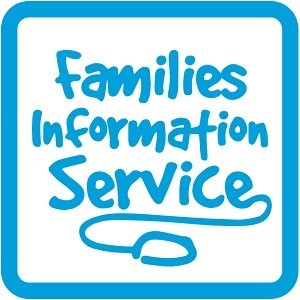Local Offer - Neurodiversity
Neurodiversity is a term used to describe the different thinking styles that affect how people communicate with the world around them. Individuals are either Neurotypical in their thinking and functioning or Neurodivergent. Neurodivergent individuals whose thinking and functioning is different from typical ranges may have a diagnosis including Autism, ADHD, Dyslexia, Dyspraxia, Dyscalculia and Tourette's Syndrome.

On the page, you can find:
What is neurodiversity?
The terms neurodiverse and neurodiversity describes the natural range of differences in how people’s brains work. There are many ways of processing information and experiencing the world. Everyone has different strengths and needs.
An individual is considered to be either neurotypical or neurodivergent. Neurotypical refers to individuals whose thought processes and functioning are considered within typical ranges. Neurodivergent refers to individuals whose thought processes and functioning are different from that which is considered within typical ranges
When neurodivergent thinking has a significant impact on a child or young person's development and education they may be referred to the neurodevelopmental pathway for an assessment to ensure they are able to access the support they need and reach their full potential. In some cases individuals may receive a diagnosis of a specific condition such as autism, ADHD, dyslexia, developmental coordination disorder (dyspraxia), dyscalculia or tourette’s syndrome.
What strengths may somebody who is neurodivergent have?
There are many strengths that come with neurodivergent thinking and these skills, when nurtured can be highly beneficial. These may include:
- Attention to detail
- Logical thinking
- Thinking outside the box/big picture thinking
- Hyper-focus for a particular interest/area
- Creativity
- Honesty
What needs may somebody who is neurodivergent have?
In some cases, neurodivergent thinking can present challenges and additional support may be necessary. Some neurodivergent individuals may have needs in one or more of the following areas:
- Learning, processing or remembering information
- Being understood and understanding others
- Social, emotional or mental health and wellbeing
- Sensory needs (light, sound, touch, smell, sight or hearing)
Learn more about:
- Autism and ADHD Assessment Pathways
- Community Paediatrics Clinics
- Autism
- ADHD
- Specific Learning Difficulties
- Tics and Tourette's
Useful Contacts
Community Paediatrics Clinic Coordinator
- Tel: 01302 642302
- Email: dbth.doncastergdareferrals@nhs.net
0-5 5 ASD Coordinator
- Tel: 01302 642304
Neurodevelopmental Pathway 5-18 (CAMHS)
- Tel: 01302 796191
Downloads & Resources
Display your introduction over featured image?: No

 City of Doncaster Council’s
City of Doncaster Council’s